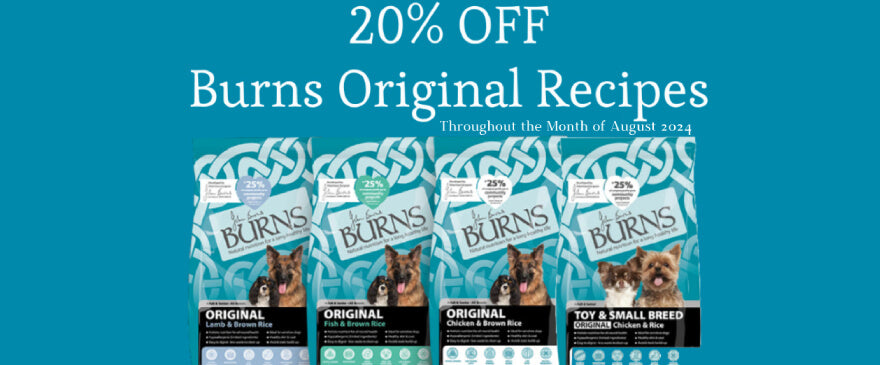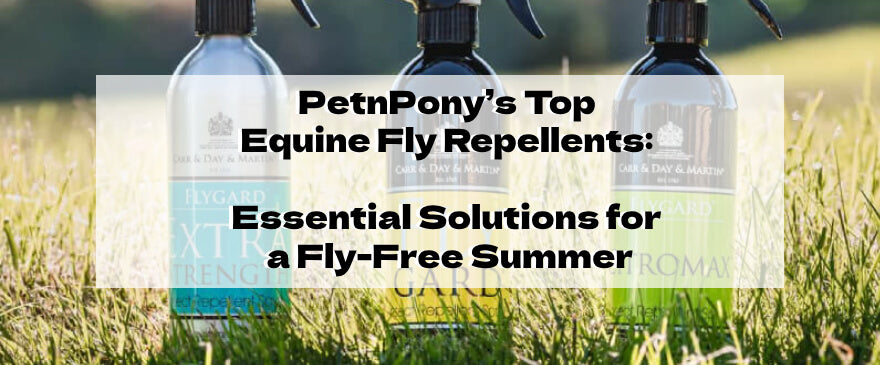FREE SHIPPING OVER £49 T&C'S APPLY
FREE SHIPPING OVER £49 T&C'S APPLY
Equestrian
Small Pet
Beginners guide to owning a puppy!
January 28, 2019 2 min read 0 Comments

Bringing a puppy home for the first time can be exciting for all the family but if you’re not prepared it can be very stressful and affect the future and how your puppy grows up. This guide will help put you at ease and be prepared before your new family member is home.
Before they’re home
You must evaluate your schedule to make sure a puppy is the right choice as they need a lot of time and training and for someone out the house most the day isn’t the best for a young dog, as this can cause behavioural problems from boredom such as destructiveness. Research on the breed of dog you are getting is a great idea to be able to know whether you will be able to give them the requirements to live a happy, healthy life. Different breeds have different characteristics and needs its important you get the right breed for your lifestyle.

The puppy is coming away from their environment that they know, into a strange one therefore, this can be scary for them. Create a little area for them with a comfortable bed, toys, and a blanket for warmth. The bed should be somewhere close to everyone, so they can still be with you but also have their own space.
When they’re home
The first few nights can be worrying for your little pup, try to leave them be on the first night to sniff and investigate their new home, this will help them to relax. The next few nights gradually increase the amount of attention you are giving them depending on how well they are settling. Eventually the puppy will see there is no threat and start to relax and create bonds.

Training
Puppies are new at everything, they don’t understand what is right and what is wrong. They need you to help them with this. The main behaviour problem from a puppy is house training. Puppy pads are a necessity in helping to house train your puppy.
Health care
Puppies come home around 8 weeks, at around this age they need their first ‘puppy vaccination.’ They need their injection for distemper, measles, and para-influenza. At 10-12 weeks they require their next vaccination called ‘DHPP’ which stands for distemper, hepatitis, para-influenza, and parvo virus. At 12-24 weeks they get their injection for rabies then 14-16 weeks they get another DHPP vaccination
.
Puppies shouldn’t be taken out for walks until they’ve had their injections as they can easily pick up these diseases. They can go into your own garden on the pavement and grass.
Puppies are a lot of fun and bring joy to everyone who is around them, however it’s important to remember that they will grow up and they wont always be puppies. An elder dog needs as much love as a puppy. They shouldn’t be Christmas presents and a lot of research should be done before getting your first puppy to ensure it’s the perfect fit for you and them.
Puppies are learning, they can get hurt quite easily, check out how to make a first aid kit here!
https://petnpony.co.uk/blogs/news/dog-first-aid-how-to-make-a-first-aid-kit-and-what-to-do
#puppiesareforlife
Also in PetnPony Blog

Fuel Their Joy, Feed Them Natural: Discover Premium Dog Foods at PetnPony
August 08, 2024 4 min read 0 Comments

20% Off Burns Original Recipes at PetnPony this August! Natural, Hypoallergenic, and Delicious!
August 05, 2024 3 min read 0 Comments

PetnPony’s Top Equine Fly Repellents: Essential Solutions for a Fly-Free Summer
August 02, 2024 3 min read 0 Comments

